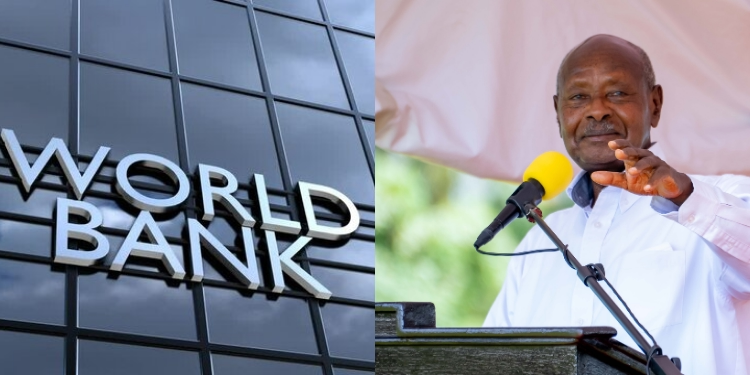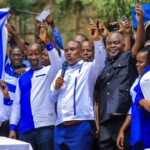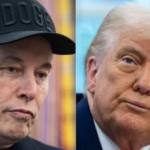In a significant policy shift, the World Bank has reversed its decision to suspend loans to Uganda, a move that was prompted by the country’s adoption of the Anti-Homosexuality Act in 2023. This law, one of the harshest anti-LGBTQ legislations worldwide, prescribes severe penalties, including the death penalty for “aggravated homosexuality” and lengthy prison sentences for “promoting” same-sex relations.
The World Bank’s decision to halt financing was based on concerns that the law violated its core principles of inclusion and non-discrimination. This move was seen as a strong stance against Uganda’s discriminatory legislation, reflecting the international community’s commitment to upholding human rights. The suspension resulted in significant financial losses for Uganda, estimated to be between $470 million and $1.7 billion over the past year.
The World Bank has now lifted the ban, citing “mitigation measures” to ensure that its funding does not harm or discriminate against LGBTQ individuals. The renewed engagement includes new funding in areas such as education, social protection, and refugee assistance. While the World Bank emphasizes its commitment to inclusive development, critics argue that this move undermines the international community’s stance on human rights.
The reinstatement of loans to Uganda raises several concerns. Critics worry that this decision may be perceived as condoning or enabling discriminatory practices. On the other hand, proponents argue that the World Bank’s engagement can promote positive change from within. The impact of this decision on Uganda’s LGBTQ community and the country’s human rights record remains to be seen.
The World Bank’s U-turn on loans to Uganda highlights the complexities of international development and human rights. As the World Bank navigates this challenging landscape, it must balance its commitment to development with its responsibility to uphold human rights. The outcome of this decision will have far-reaching implications for Uganda’s development trajectory and the global fight for human rights.



